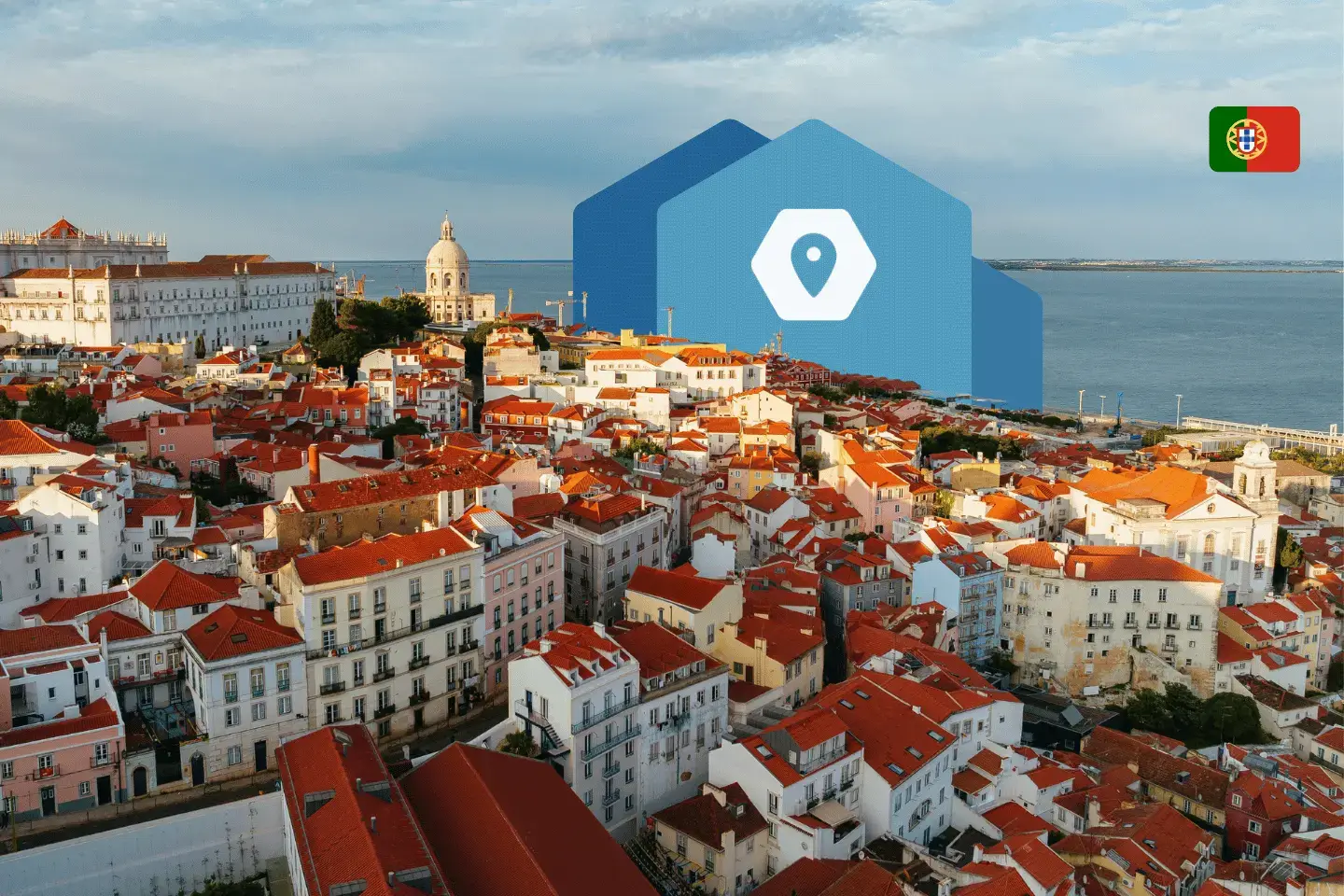- Cultural integration is a strategic retention driver in Portugal, not just a “nice-to-have” benefit—helping foreign hires move from feeling like visitors to truly belonging.
- Foreign workers face specific cultural barriers in Portugal (language, work–life balance, indirect communication, social isolation), and HR must address these intentionally, beyond basic administrative onboarding.
- Targeted strategies like language/cultural training, mentorship, community events, and family-inclusive support significantly strengthen integration, engagement, and long-term retention.
- When HR uses tech platforms (e.g., Jobbatical) to automate relocation admin, they free up time to focus on human-centric cultural programs, boosting loyalty, productivity, and employer branding in a competitive Portuguese talent market.
Global companies expanding into Portugal often face a similar challenge: how to retain international talent after relocation. While competitive salaries and relocation support attract foreign professionals, what truly drives long-term retention is effective cultural integration. For HR and global mobility teams, investing in cultural integration programs is not just an employee benefit—it’s a strategic retention tool.
Why Cultural Integration Matters in Portugal
Portugal’s welcoming environment and strong expat community make it an attractive destination for global talent. However, adapting to local work culture, communication norms, and social dynamics can be challenging for newcomers. When employees struggle to integrate, organizations risk higher turnover, disengagement, and lower productivity.
Cultural integration programs bridge this gap by helping international employees’ transition from “visitor” to “belonging.” For employers, this translates into improved retention, stronger team cohesion, and enhanced employer branding.
Key Cultural Barriers Foreign Workers Face
HR teams in Portugal should be aware of common adaptation challenges among international employees:
- Language barriers that limit collaboration or cause misunderstandings.
- Differences in work-life balance expectations, especially around Portugal’s relaxed social culture.
- Unfamiliarity with Portuguese communication styles, which value politeness and indirect expression.
- Difficulty building social connections outside work.
Understanding these barriers helps shape targeted company initiatives that go beyond administrative onboarding.
Strategies for Cultural Integration and Retention
- Offer language and cultural training: Provide ongoing Portuguese language sessions and the basics of workplace etiquette. This builds confidence and reduces isolation.
- Create mentorship programs: Pair new hires with local employees who can offer practical and cultural insights.
- Organize community-building events: Encourage mixed-team social activities that celebrate diversity and local traditions.
- Include families in relocation support: Many retention issues arise when partners or families struggle to adapt. Including them in integration programs makes a big difference.
- Encourage feedback and personalization: Collect feedback regularly to refine cultural initiatives and tailor support.
HR’s Role in Strengthening Integration
For HR leaders, the goal is to create a sense of belonging from the first day. Culturally aligned onboarding, frequent check-ins, and visible leadership involvement demonstrate commitment to employee well-being. HR analytics can also track retention data to measure the impact of integration programs and identify improvement areas.
How Technology Can Support Integration
Modern tech platforms like Jobbatical simplify the relocation process with digital document management, visa tracking, and compliance automation. Once the administrative load is reduced, HR teams can focus more on human-centric initiatives such as culture, inclusion, and engagement—key factors that directly impact loyalty and long-term retention.
Conclusion
In Portugal’s increasingly competitive talent landscape, companies that prioritize cultural integration unlock higher retention, better engagement, and stronger brand reputation as global employers of choice. Integration is not a one-time event but an ongoing journey—powered by empathy, communication, and the right HR technology.


.svg)









.svg)
